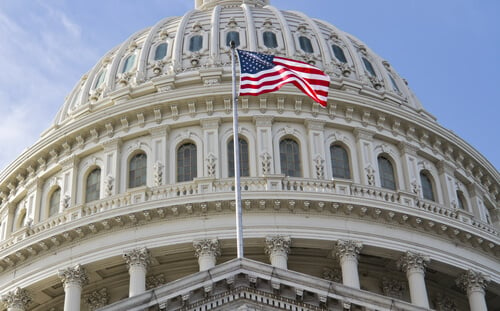While evidence of the country's involvement in the murder of political opponents abroad is mounting, India appears not to be worried about the accusations and is developing the image of a strong global power under the government of Narendra Modi.
At the same time, the covert killings abroad of individuals considered terrorists by India’s government have had a strong impact on the state's self-esteem and its growing strength among its citizens.
While India’s government either ignores or firmly rejects these allegations, it also attempts to conceal them behind a veil of mystery to reassure its own citizens that they are under the leadership of a strong, determined government capable of even such actions.
“Whoever did the killings, what’s the problem? The agency will do their jobs, why should we interfere?” said India’s Home Minister Amit Shah on the release of one of the reports on the secret killings of India’s dissidents in Pakistan.
However, can India limit its ambitions to play a major global role if it engages in extrajudicial killings? Moreover, can it be sure that some of its key Western partners, such as the US and Canada, will tolerate this practice in order to maintain positive relations with India, undoubtedly their most important partner in the Indo-Pacific region?
A demonstration of strength
For India’s Prime Minister Narendra Modi, the murders of political dissidents abroad are part of a larger mosaic with which he wants to create the impression among India’s citizens of a strong, primarily self-centred state that is as influential as possible on the world stage.
His new mandate, which he won in last year's elections, also supports the belief that the elimination of, for example, Sikh separatists in the West or extremists in Pakistan should not be strange for an emerging global power like India.
The Washington Post investigation published on 31 December revealed that there is an identical pattern in the organisation and execution of the murders of India’s dissidents.
The killings were carried out by Pakistani petty criminals or Afghan hired guns, never Indian nationals
“In Pakistan, the killings were carried out by Pakistani petty criminals or Afghan hired guns, never Indian nationals,” writes The Post, citing Pakistani and Western officials.
The Guardian's research last April came to the same conclusion. In it, interlocutors from Pakistan's security services blamed India for 20 murders in Pakistan alone since 2020.
“Investigators alleged that millions of rupees would often be paid to criminals or impoverished locals to carry out the murders, with documents claiming that payments were mostly done via Dubai,” The Guardian found.
The investigation confirms that the killings were regularly coordinated out of the UAE, where India’s foreign intelligence service RAW is very active.
Israel as a model
The model of confrontation with India’s political dissidents and fugitive extremists reminds many of the pattern Israel applies against leaders of pro-Iranian factions in the Middle East.
Like the government in New Delhi, Israel has, until recently, denied involvement in the assassination of Hamas and Hezbollah leaders but has changed its strategy. At the end of December, Defence Minister Israel Katz admitted for the first time that Israel had assassinated Ismail Haniyeh, the leader of Hamas in Tehran, as well as Hezbollah leader Hassan Nasrallah in Lebanon.
By asserting that it has the power and will to eliminate extremist leaders in the region, Israel is changing its strategy to dissuade the remaining members of Iran's network of allies, particularly the Houthis in Yemen.
India does not appear to be changing its strategy as Israel has done
India does not appear to be changing its strategy as Israel has done, although its actions are very similar to the operations conducted by Israel.
The crucial difference lies in the fact that operations India denies occurred not only in neighbouring Pakistan but also in Canada and the US. While the Israeli operations only occurred in states in the region with which the Western allies maintain antagonistic relations, the murders of two Indian dissidents in Canada and New York pose a significant obstacle for New Delhi, both in admitting responsibility for them and in continuing this practice in the future.
Are relations with the USA at risk?
India has entered a period of significant diplomatic freeze in relations with Canada after Justin Trudeau's government announced that it held the government in New Delhi responsible for the assassination of Hardeep Singh Nijjar, the leader of the Sikh separatist movement.
 Last year, the US Congress halted the $3 billion sale of American drones to India but quickly approved the deal after the Biden administration promised a comprehensive investigation
Last year, the US Congress halted the $3 billion sale of American drones to India but quickly approved the deal after the Biden administration promised a comprehensive investigation
Additionally, a federal inquiry revealed that India’s government personnel were involved in the assassination attempt in New York of a well-known activist for the secession of Punjab in northern India, which strained India's relations with the United States.
Last year, the US Congress halted the $3 billion sale of American drones to India but quickly approved the deal after the Biden administration promised a comprehensive investigation.
The future president, Donald Trump, views Narendra Modi's government as a critical ally in his foreign policy priority of confronting China.
This is another reason why New Delhi is not yet under much pressure to abandon its covert operations against dissidents abroad, let alone confirm its connection with previous killings.